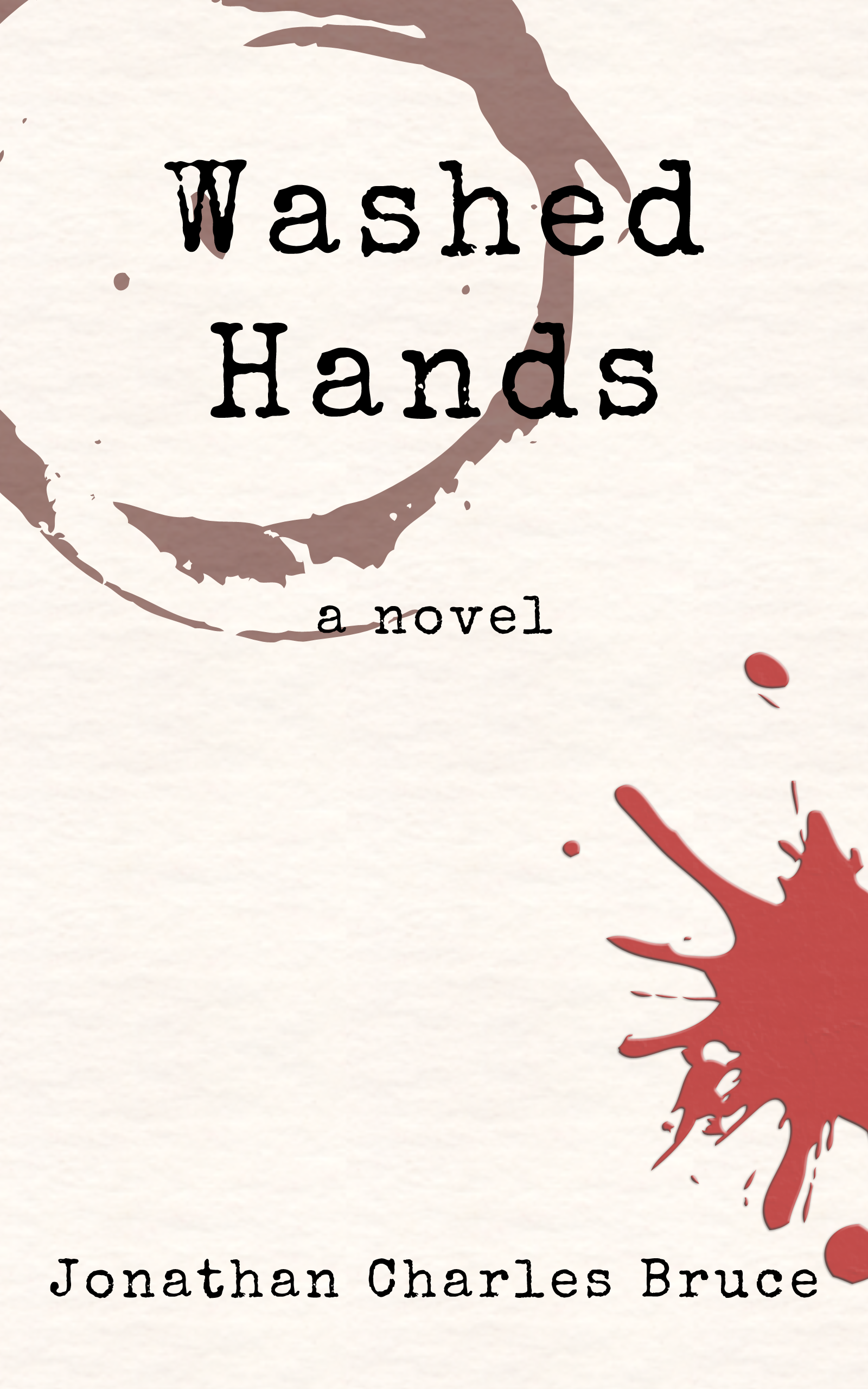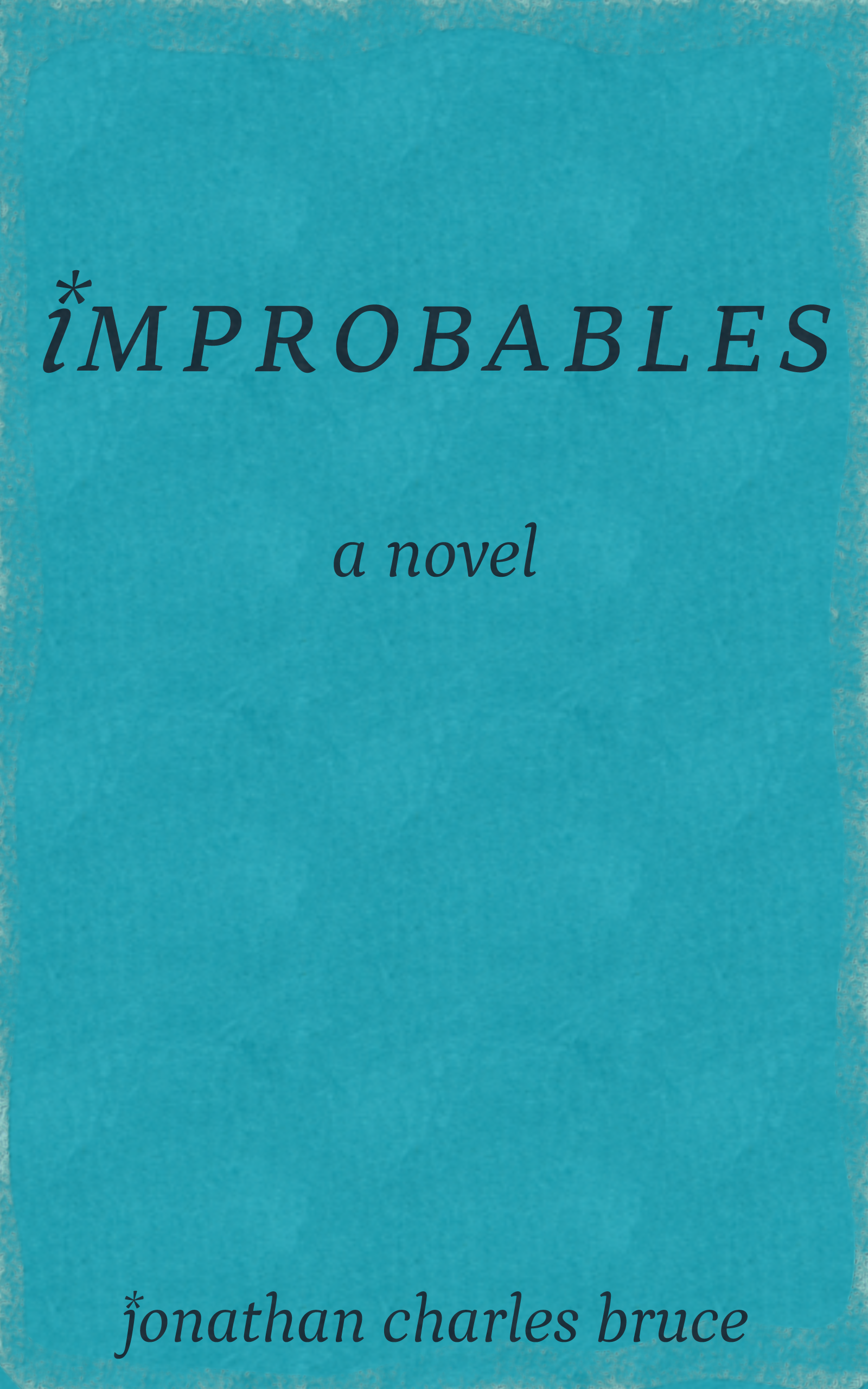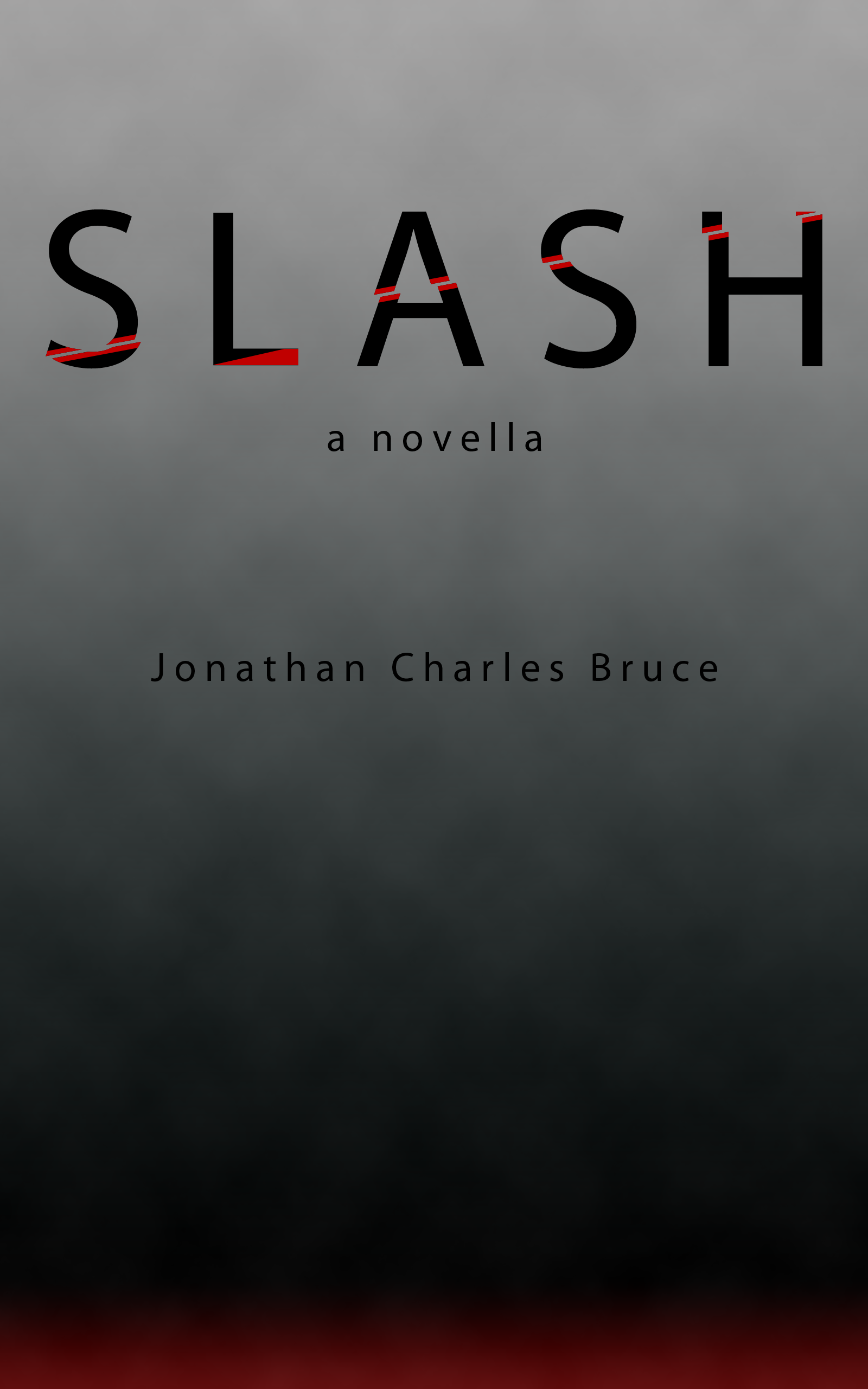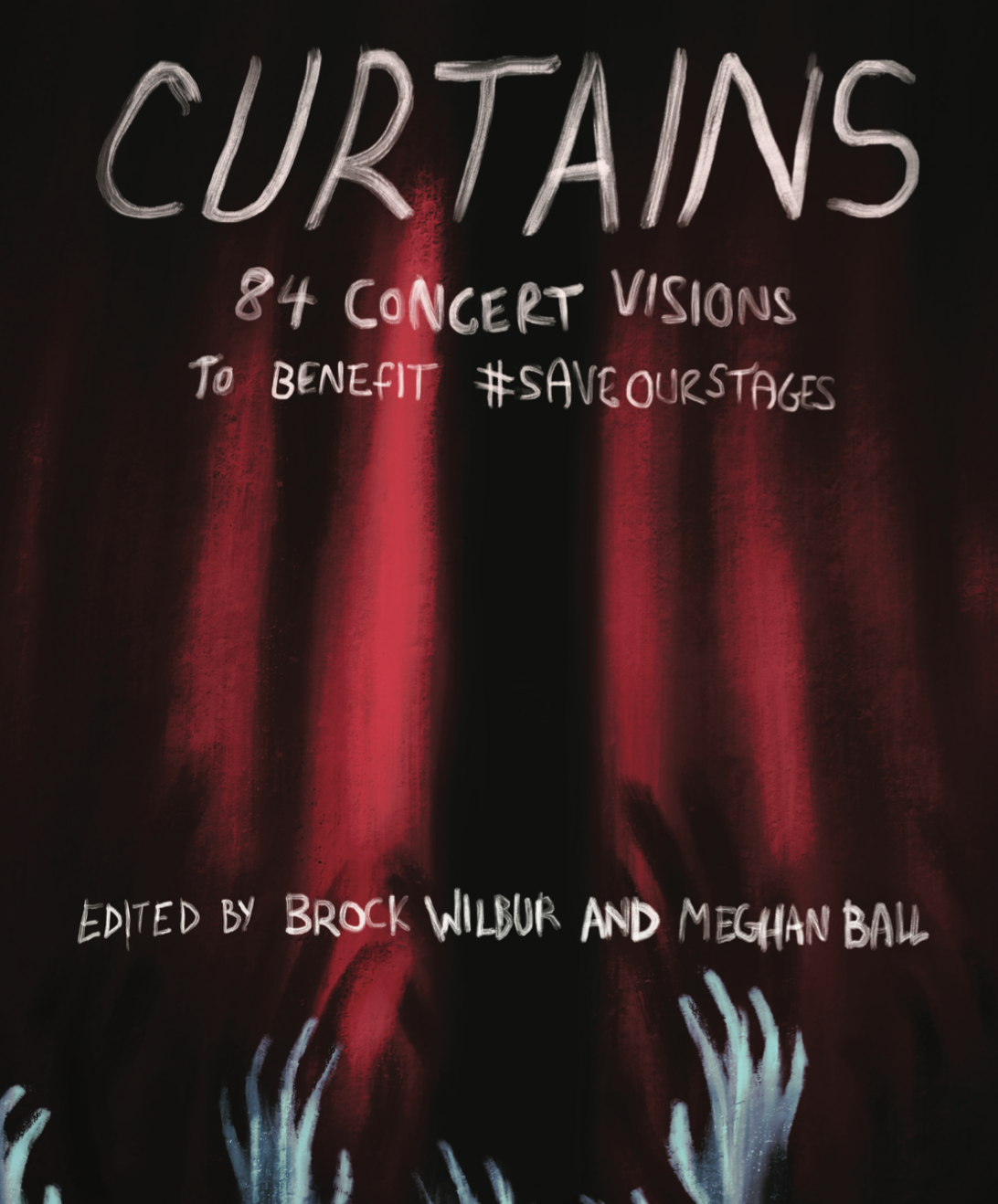100th Blog Post (un)Spectacular!
Writing Advice You Didn't
Ask For
Oh, shit! It’s my one-hundredth blog post today! Well, I suppose this is one of those things that I should be doing something special with, like throwing a party or hiring a stripper to pop out of a cake. But since I’m fresh out of strippers and my parties are about as popular as shaving your bikini area with a sea urchin, I suppose I better find something else to do. Um...
Well, damn.
The thing about writing is that it does take significant discipline to sit down and do it. In my case, I’ve demonstrated that I have that discipline. Even when there have been times when I just haven’t figured out what to write, I still have managed to create something. Now, don’t get me wrong – I’ve also phoned in a number of posts. But the content that was posted nevertheless came from some degree of effort on my part. It may not have been at the time of posting, but I never just threw something up and hoped for the best.
Well, except that one time that I was presenting at a conference and just gave information on where you could find me... that was a rough week.
Anyway, I imagine that at some point in my authoringness, someone will venture to ask me the advice I could give people that are trying to hone their own skills. It’s something I anticipate being asked quite often, as I am a megalomaniac who can’t fathom people not scrambling for my wisdom. But I am going to attempt to cut off that question by answering it before anyone even had a chance to breathe it in my direction. You know... not that I have done that without being asked before.
As I mentioned, being disciplined is a key factor when it comes to writing anything, as you have to be able to see something through. And books can look like monsters when you look at the effort it takes to put pen to paper. Long story short, if you don’t have discipline, you’ll probably not be that successful at writing. We all know someone who has a great idea for a novel, or has started a novel, or has totally almost finished a novel except for that pesky plot getting in the way. Here’s the thing: anyone can start a project, and absolutely no one will care until you finish it. It’s absolutely dickish, but it’s also absolutely true.
But the ability to actually finish something, I’ve found, is something each person has to arrive at on their own. What works for some people does not work at all for others, and I think it’s high time that we all realize that. In particular, when politely dealing with that pesky discipline issue, I’ve heard many people suggest that you try to write a little every day, and that routine will help solidify your style.
The whole idea of “write at least once a day, every day” always struck me as operating under the misapprehension that quantity over quality is always preferable. And that, at the end of the day, doesn’t really help anyone. Writing is an art, and like any art, a thousand alright instances will always pale to the handful of masterpieces. Why on earth would you recommend spending time just writing whatever when that time could be spent, I don’t know, figuring out what it is you want to even do?
The point is that I have never really found that rigid structure the most conducive for creativity, and regardless of your preferred genre, creativity is paramount to not being unreadable. While it is true that I do most of my writing on Sunday mornings, the rationale is not so much that it’s “my writing time” as that it takes about a week to figure out what the hell it is I want to talk about, how I want to say it, and whether or not I can make it funny. Writing is and will probably continue to be a massive time commitment, whether or not you compel yourself to do it at fixed intervals.
The big thing about forcing yourself to write every day or at a specific time that makes it a problem is that you can end up writing absolute garbage. And sometimes that garbage is a good thing to at least get out of your system, but it’s not necessarily productive in a way that I find useful. And I’m not saying that everything anyone writes should be perfect – oh, good god, no – but I am saying that spending the time to write is more worthwhile when you have something you want to write.
So here’s my big pitch for anyone interested in writing: think about what you want to write first. Flesh it out. Make character maps. Connect ideas on a flow chart or make a spreadsheet that keeps important information at hand. Think about whether or not your core concept makes sense. Make sure you are clear with what you want your audience to take away from it. Then, when you’re good and ready, sit down and take all the time you need to write it, but make sure that you finish it. The first major milestone is simply reaching the finish line. And that goes for a novel, short story, poem, or academia.
Once you are done, put it down for a while. A day. A week. Whatever. But you have to come back to it and start editing. What works? What doesn’t? Are you being clear? Are you saying exactly what it is that you want to say? If not, how can you?
In my opinion, way too many articles and opinions on writing leave out where a huge portion of our work actually takes place – the revision stage. To me, actually writing the stuff is almost a moot point. Unless you are some absolutely insane prodigy, you are more than likely going to be stuck in this stage the longest. And you know what? There’s nothing wrong with that.
I don’t think anyone, ever, has successfully written anything of any significant length that has been perfect right out the gate. If they claim that, they are liars. That’s why authors hire editors and proofreading is a thing. I can guarantee you that if you name any author, their first draft of any given manuscript will look completely unrecognizable from what was published. And that’s okay.
I suppose that the big thing I’m circling here is that getting to the editing stage is more important than the writing itself. As I have hopefully drilled into your head, actually sitting down and pumping something out takes discipline, and that’s something that people need to figure out on their own. But once you have that completed thing in your hands, actually picking apart your work is far and away more beneficial to your writing process than trying to write for writing’s sake. You can begin to spot your own errors more frequently and identify shoddy literary techniques that you’re too reliant on.
Ultimately, what you need more than anything is a plan. But not a plan for just writing – a plan about what you’re writing. That is to say, you need a plan that outlines just what you want that end result to look like. Think of it like building a car. No one in their right mind would tell you just to buy parts that you think would go into a car without any idea of how they would connect. Nor would they tell you to work on the car when you don’t have parts to work with. No, most non-crazy people would say that step one would probably be to buy or create a schematic. Writing really isn’t so different, except for the fact that there’s much less risk of being crushed by an engine block.
I realize that there’s a lot of touchy-feely intent with the laissez-faire attitude in regards to writing every day, but it just doesn’t do any good for people like me. I can’t write something just for the sake of writing, because it feels like I’m wasting my time. I would much rather wait and think about things first, plan it out, and go from there. Saying “I must write for an hour every day!” also smacks of attempting to regulate those precious creative juices. Such things are kind of antithetical to creativity.
Now, I’m not suggesting that people who give that kind of advice are inherently wrong. I’m merely pointing out that writing is a personal process that varies radically between people. What works for some will leave others scratching their heads in confusion. I think that most authors inherently know this, but we also don’t want to risk being seen as befuddled by it. So we scramble to answer it by reciting what our creative writing teachers once taught us.
I guess what I’m saying is I have no idea what the hell I’m doing, and now, neither do you.
Happy 100th!
< PREVIOUS ENTRY • NEXT ENTRY >
Advice • Fiction • Gaming • General Musings • Reviews





